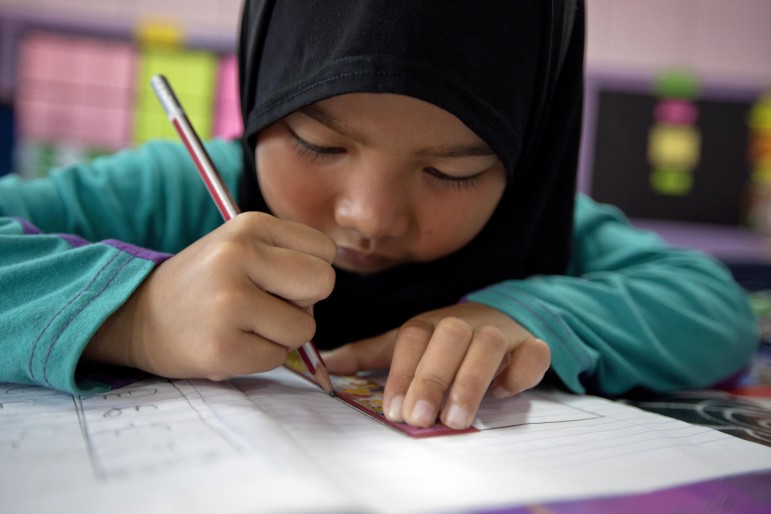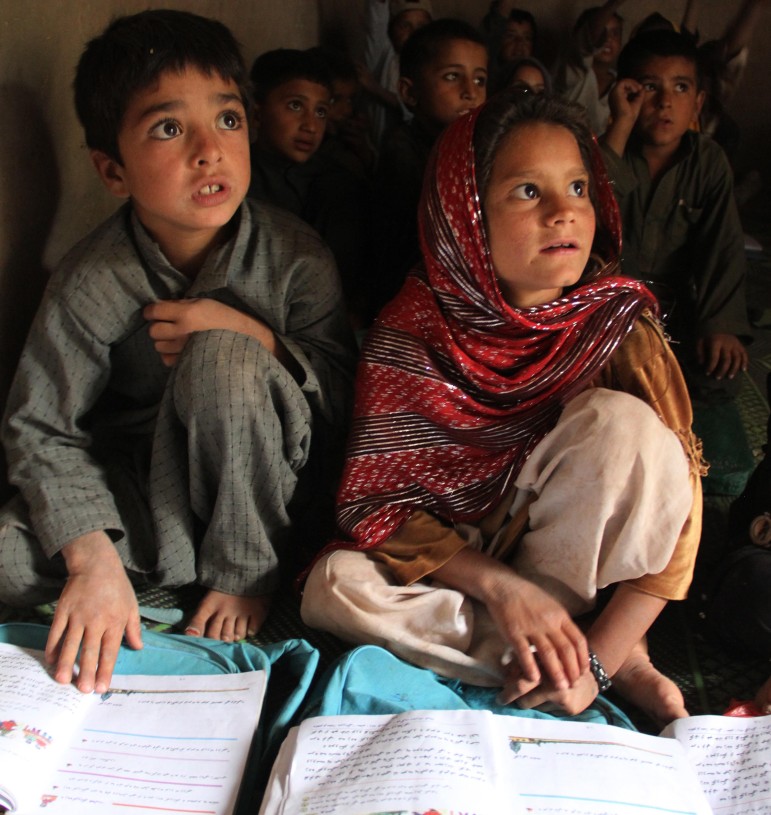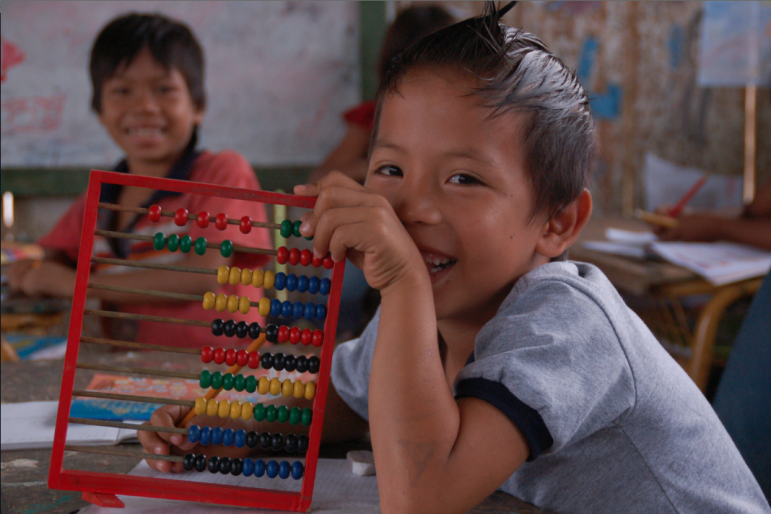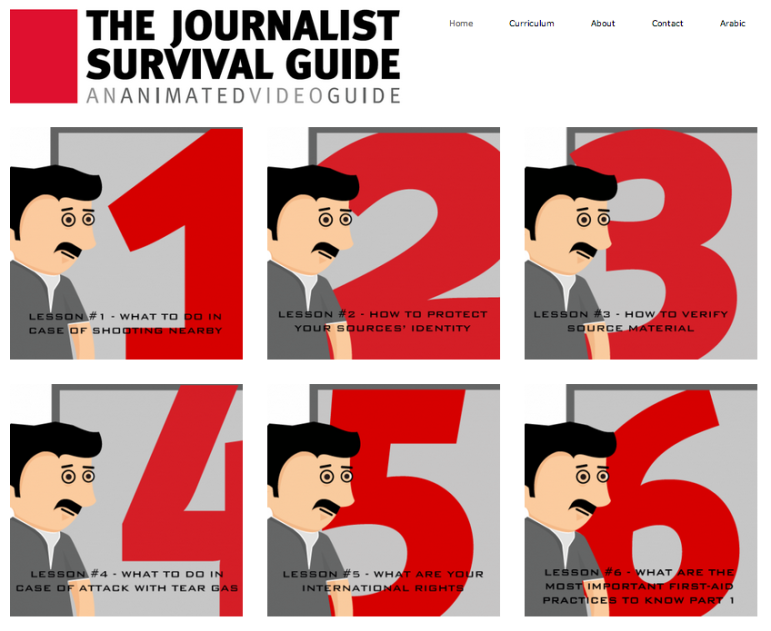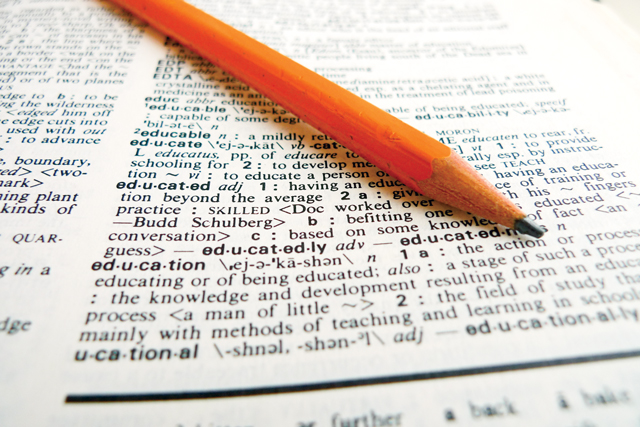Resource
A Right, Not a Privilege: Tips on Covering Education
Education is the path to development. It creates choices and opportunities for people in terms of access to employment, reduces the twin burdens of poverty and disease, and empowers people. For nations as a whole, education produces a more skilled and competitive workforce that can attract better quality foreign investment, thus opening the doors to economic and social prosperity for society as a whole.
However, people often do not see how these global goals can be translated to local realities. The media plays a key role in forming opinion, helping to ensure that citizens and politicians alike recognise that there is no room for complacency in tackling the Millennium Development Goals (MDGs) related to education.

